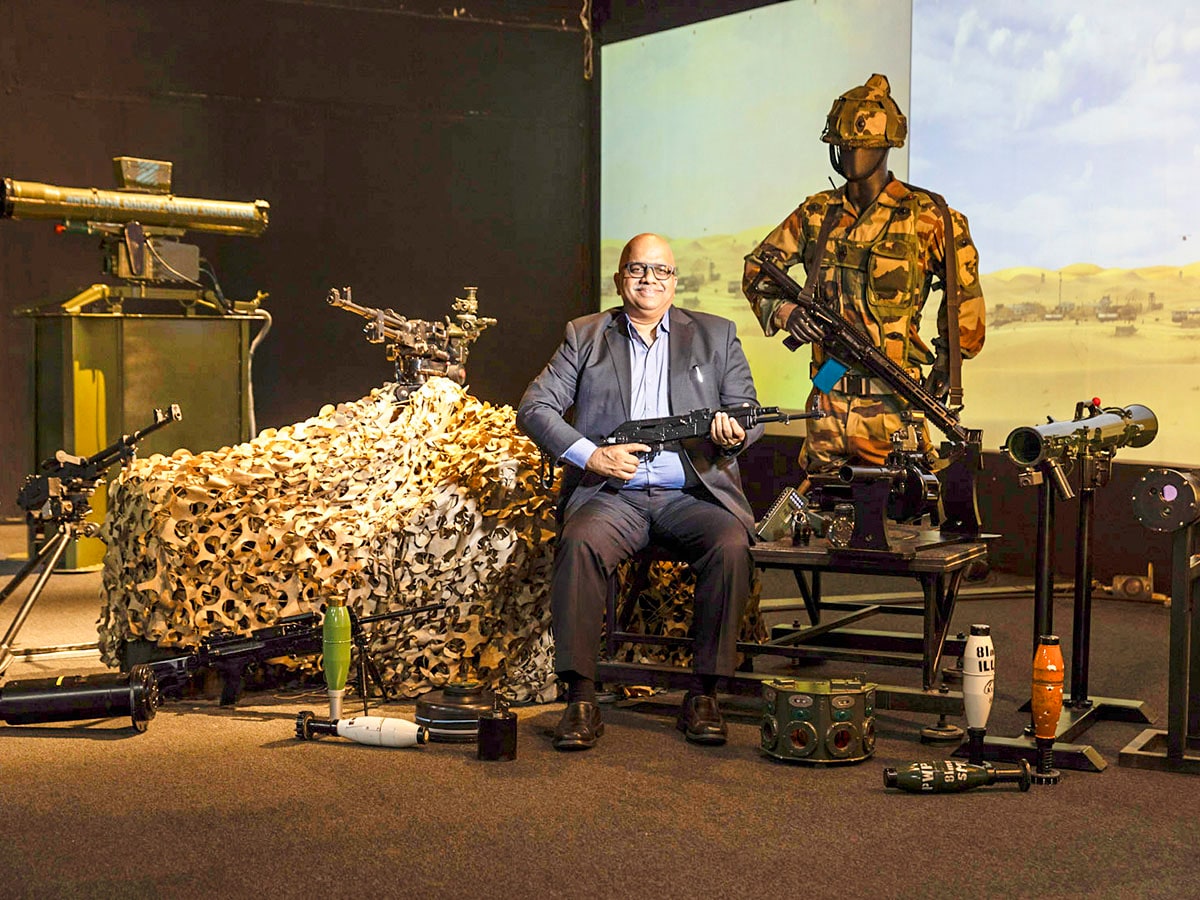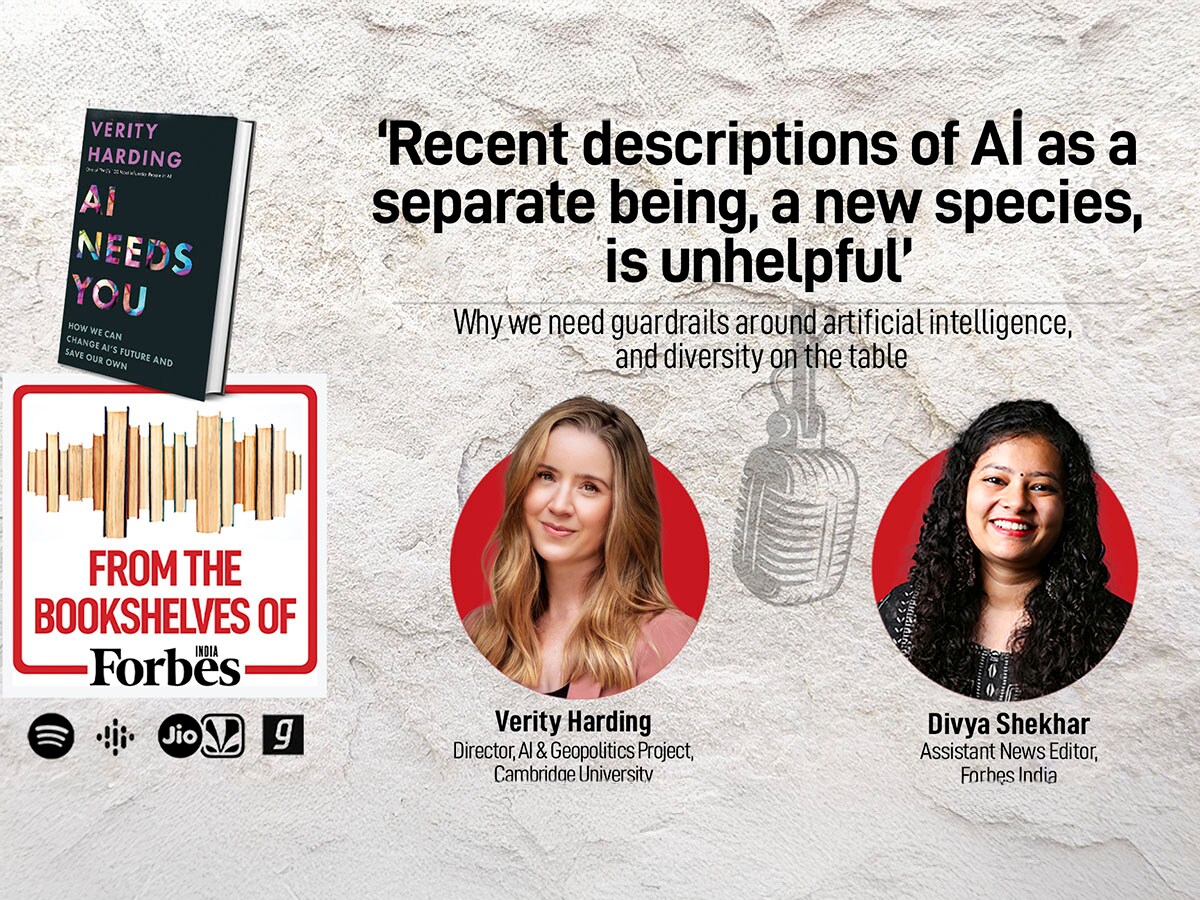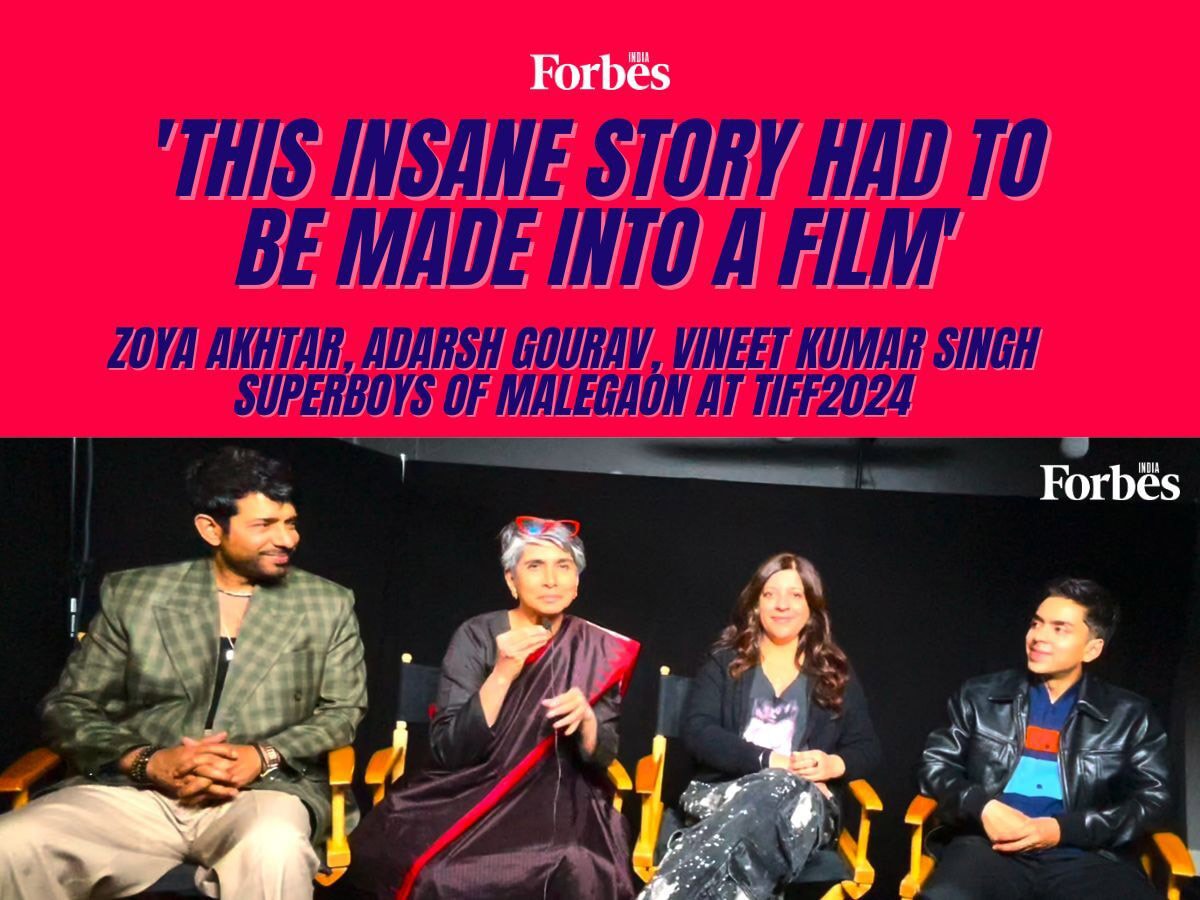
From publishers Vs AI battle to 'Superboys of Malegaon' at TIFF 2024, our top stories of the week
In this week's newsletter, read more about StarAgri and Zen Technologies' rise to the top, Ikea's India story, and the chess surge in India
1) Aiming for the stars
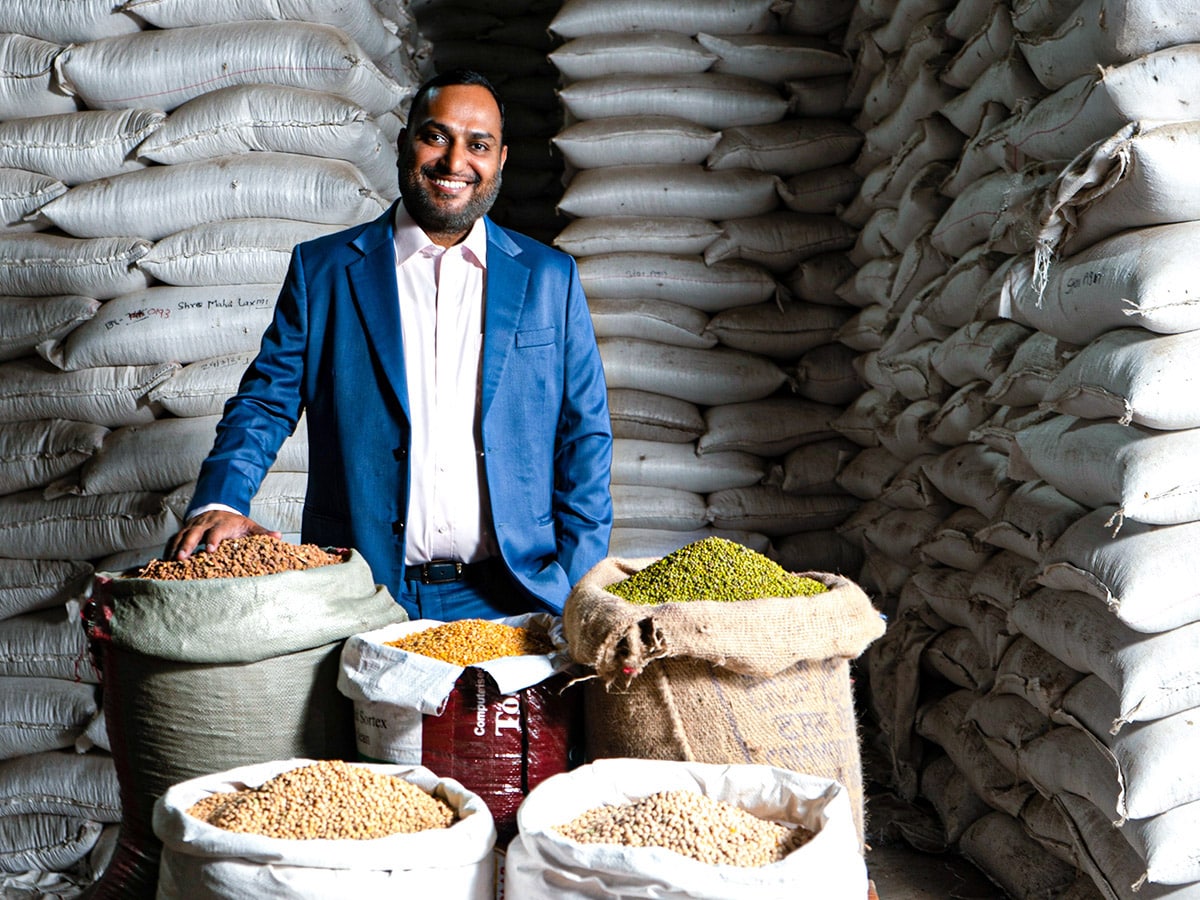 Amith Agarwal, Co-founder, Whole Time Director and Chief Executive Officer at StarAgri Image: Neha Mithbawkar for Forbes India
Amith Agarwal, Co-founder, Whole Time Director and Chief Executive Officer at StarAgri Image: Neha Mithbawkar for Forbes India
Amith Agarwal comes from Alwar, Rajasthan. Instead of following the traded path, he chose the second option. "Alwar was a comfort zone. I wanted to step out of it," he says. Stepped out, he did. First, to New Delhi to prepare for entrance exams, then to Mumbai for an MBA, then to Reliance for a job. Soon, this fast-paced journey became another comfort zone for Agarwal. He wanted to become an entrepreneur. In April 2006, he started StarAgri with Suresh Goyal, Amit Goyal, and Amit Khandelwal to provide integrated post-harvest management solutions. Eighteen years later, they are reaping a bountiful harvest in StarAgri, India's largest integrated agri services platform, which is over Rs1,000 crore in revenue and profitable. This is the riveting story of their roller-coaster journey.
2) Publishers Vs AI
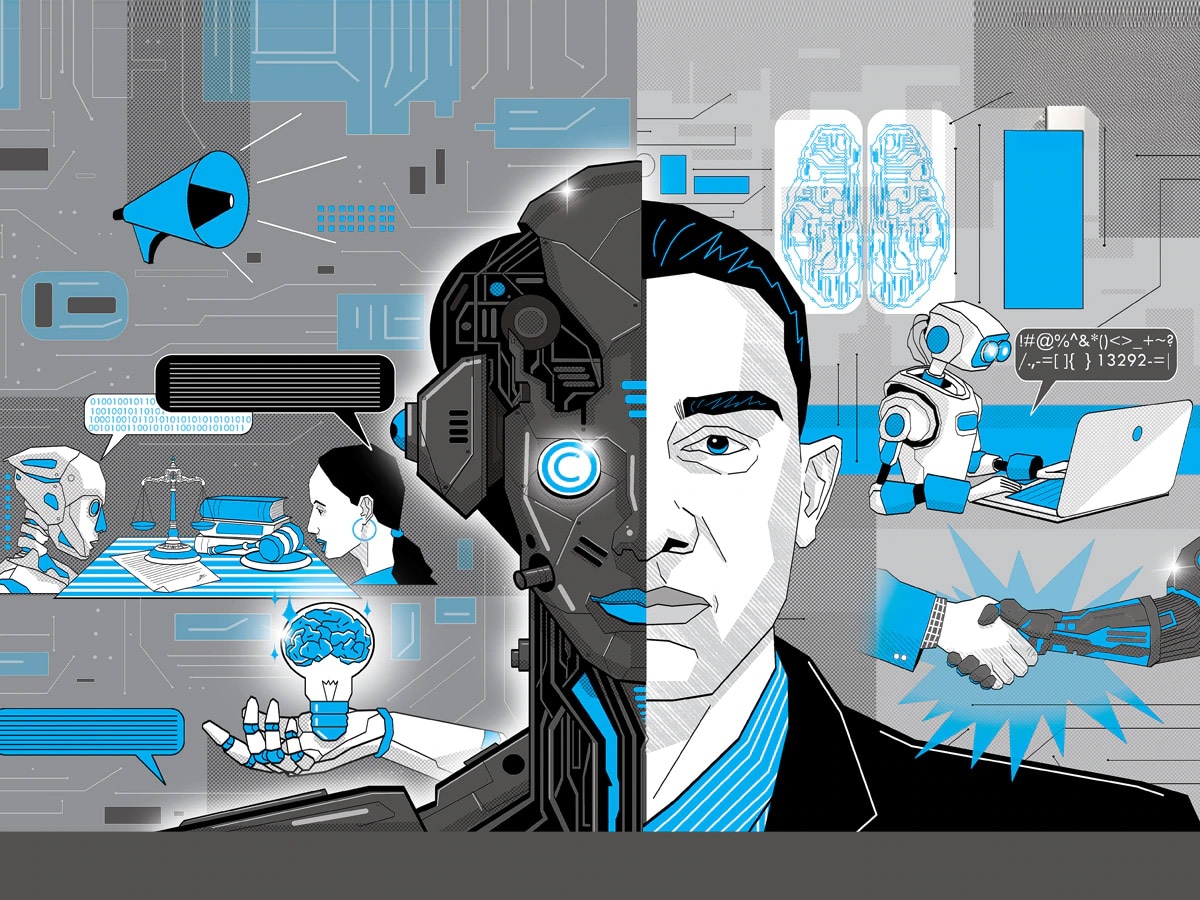 Illustration Chaitanya Dinesh Surpur
Illustration Chaitanya Dinesh Surpur
A recent Accenture research suggests 44 percent of working hours across industries can be impacted by artificial intelligence--14 percent at the low end to 76 percent at the high end. Another Deloitte survey reveals that 93 percent of students and 83 percent of employees actively use technology in India. AI has become a part of life, and discussions about its effect on people have become a norm. So how are media and publications dealing with the new technology? The generative AI aspect of the technology has forced some publishers to seek legal routes and some to get in the mud with them. How does it work out for all in the end? Here are some scenarios.
3) Ikea's India story
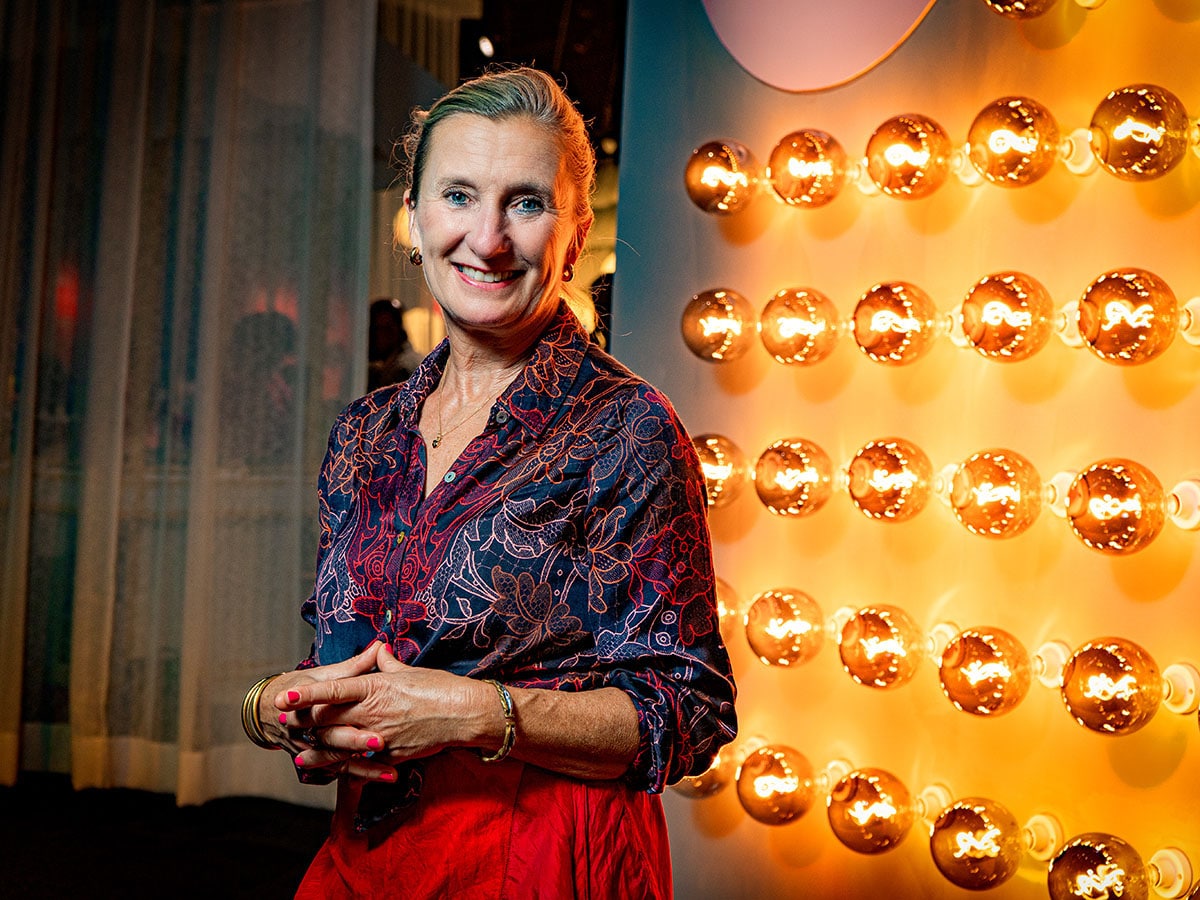 Susanne Pulverer, CEO and chief sustainability officer, Ikea India; Image: Neha Mithbawkar for Forbes India
Susanne Pulverer, CEO and chief sustainability officer, Ikea India; Image: Neha Mithbawkar for Forbes India
Ingvar Kamprad founded Ikea in 1943 at the age of 17, selling household goods like pens, wallets and picture frames. Älmhult, the town where Ikea was founded, is in a remote area of Sweden, and it was challenging to reach potential customers in the bigger cities. Due to this, the Ikea catalogue was born in 1951. 80 years later, the model has changed thanks to the forever-changing dynamics of Indian consumers. The Swedish furniture giant arrived in India in 2018 with an offline store. But today, the tech-savvy Indian consumer has forced the company to think about ecommerce first. What led to this decision? What is Ikea's India story? Here's a look.
